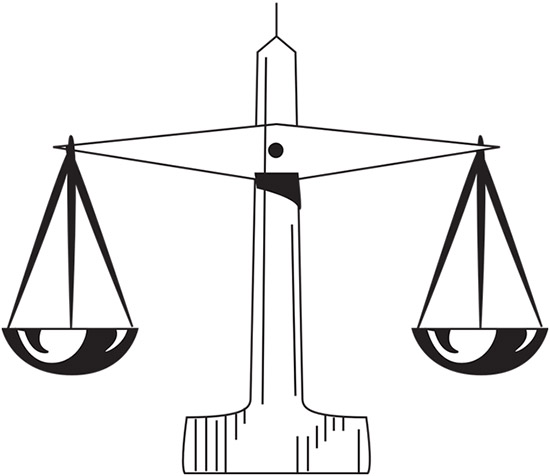
When a couple decides to separate, and divorce becomes the only option left on the table, there are a few ways they can proceed. One option is litigation, where the two parties decide to go to court for their divorce. Another option is mediation, where the divorcing couple agrees to meet with a neutral third party who is trained to help them reach a resolution as quickly and peacefully as possible.
Both options will lead to a divorce, but understanding the nuances of litigation vs. mediation will help you decide the best course of action for your divorce.
The primary differences between litigation and mediation
Litigation is adversarial in nature, as it pushes one spouse and his or her divorce lawyer against the opposite party and his or her divorce lawyer. Spouses will often battle over assets, custody of children, and other similar issues. Ultimately, a judge has the final say on all issues the spouses are unable to settle.
On the other hand, mediation is far more amicable. The divorcing couple willingly decides to meet with a mediator who will help them reach a resolution that is acceptable to both parties.
When to choose mediation
Mediation is often the better choice when it comes to resolving the terms of a divorce. As long as both parties are able to sit in the same room as each other and make a good faith effort to work out a mutually agreeable divorce settlement, with professional assistance, mediation is possible. There are a number of compelling reasons why you should use a mediator to help you settle your divorce:
Mediation is confidential
Dragging your divorce through court is often a public affair. Friends, family, lawyers and court employees all bear witness to the intimate details of your marriage through the testimonies and judgments of the litigation process. On the other hand, mediation is a confidential process. You can solve your grievances behind closed doors without worrying about your private affairs becoming a spectacle for all to hear.
Mediation is often faster
Mediation sessions are as long as needed to settle the terms of the divorce. Litigation, on the other hand, can stretch out for months as judges squeeze in cases on their busy dockets (through no fault of their own). Some couples need only one mediation session to reach a resolution while others require multiple sessions. Generally speaking, however, parties tend to reach a resolution more quickly with mediation.
Mediation costs less money
Divorce is already costly enough on its own. Adding litigation and court fees to the equation can be downright crippling to your finances. On the other hand, mediation is often only a fraction of the price of a court battle. Mediators are usually paid by the hour, often encouraging couples to reach a resolution as quickly as possible.
Mediation is less taxing on all involved
There is rarely a divorce that doesn’t leave everyone involved emotionally drained by the time a resolution is reached. The adversarial nature of litigation most certainly doesn’t help, as spouses battle it out to gain custody over children, split assets, etc. Mediators are trained to proceed calmly and objectively. Couples are encouraged to communicate with one another and work together to reach a resolution they can both live with. The result is often a smoother process that’s far less taxing on the body and mind.
Mediation gives you more control
At the end of the day, all decisions made in court are by a judge. Mediation, on the other hand, gives the divorcing couple more control over the entire process. Mediation allows both parties to decide what’s best for their children, how to split assets in a fair and equitable manner. and so on. Mediation requires compromise on the part of both parties, but it allows for greater overall flexibility.
When to choose litigation
Mediation isn’t the best option for everyone. Litigation is often necessary when the conflict level of the spouses is high or the ability of either spouse to compromise is low.
Making the right choice for your divorce
Though litigation is sometimes a necessary evil, when possible, mediation saves time and money and leaves decision making power in your hands.
When you need assistance with mediating your divorce, turn to the highly experienced attorneys at Kales & Kales, PLC to help you reach a fair and satisfying resolution. Contact us today and discover how our keen focus and innovative solutions can help to ensure the results you desire.
Featured Image Credit: Clker-Free-Vector-Images / Pixabay
